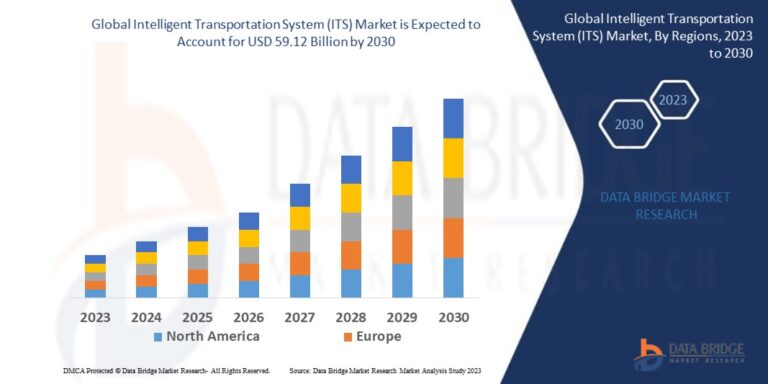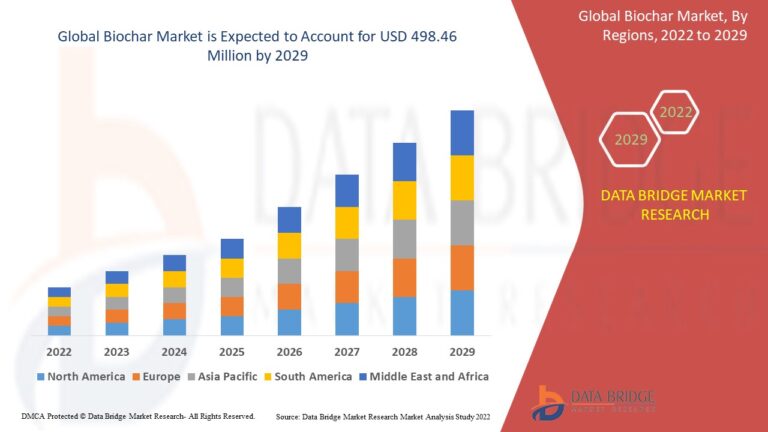Markets of every kind rely on trust, but in the digital economy this factor becomes even more important. Unlike traditional systems that have centuries of structure behind them, digital markets are relatively young. Participants must rely on technology, new platforms, and evolving regulations, which can sometimes feel uncertain. In this environment, trust is not just a value-added feature. It is the currency that determines whether people enter, stay, or walk away.
Security as the Foundation of Confidence
For most participants, the first question is simple: are my assets safe? In traditional finance, custodians, insurance, and regulators provide reassurance. Digital markets must prove security through transparent practices and reliable tools. A cold wallet is one such tool that reduces exposure to online threats, helping participants feel more confident in long-term participation. The more people believe their assets are safe, the more likely they are to invest, trade, and build strategies for the future.
Trust and Market Stability
Trust also influences stability. When confidence is high, markets are less prone to extreme reactions. Participants can focus on long-term planning rather than short-term fear. When trust falters, however, even small issues can spark dramatic consequences. Sudden losses of confidence have led to rapid declines in digital asset values in the past. Building strong, reliable systems helps reduce this fragility and makes markets more resilient to shocks.
The Cost of Distrust
Distrust has an economic cost. When participants doubt security, they withdraw from markets or limit involvement. This reduces liquidity, slows innovation, and discourages institutional adoption. In turn, businesses must spend more resources convincing participants to return, whether through marketing, incentives, or new guarantees. The economics are clear: maintaining trust is more efficient and sustainable than repairing damage after it is lost.
Transparency as a Growth Driver
Transparency is another critical element. In digital markets, where systems can be complex, clear communication helps reduce confusion. Participants who understand how their assets are stored, managed, and protected are more likely to remain engaged. Transparency also supports accountability, ensuring that businesses meet the expectations they set. In economic terms, clarity reduces perceived risk, which encourages more participation and higher overall growth.
Regulation and the Economics of Trust
Regulation often sparks debate, but from an economic perspective, it plays a stabilizing role. Rules establish boundaries that protect participants, making markets more predictable. While innovation thrives on flexibility, unchecked systems can erode trust and limit adoption. A balance between innovation and oversight supports both creativity and safety. Economically, this means fewer disruptions, more consistent growth, and greater institutional participation.
Trust as a Competitive Advantage
In competitive markets, trust can set businesses apart. Institutions that demonstrate strong security and transparent practices attract more users and retain them longer. Over time, this reputation becomes an asset in itself, generating loyalty and referrals. In economic terms, trust reduces customer acquisition costs and increases lifetime value. For digital markets where competition is fierce, prioritizing trust is not only ethical but also profitable.
Education and User Confidence
Another often overlooked part of trust economics is education. Many new participants enter digital finance with limited knowledge. Without clear guidance, mistakes can happen, leading to unnecessary losses and frustration. Education helps prevent these issues, turning uncertain users into confident participants. Confidence leads to greater engagement, and greater engagement supports stronger markets. Education is therefore not just a service but a growth strategy.
Institutional Adoption and Trust Economics
Institutions play a unique role in shaping trust. Their participation signals credibility and attracts broader interest. However, institutions demand rigorous security and compliance before committing resources. This means the economics of trust extend far beyond individual investors. By meeting institutional standards, digital markets gain access to large pools of capital, which in turn increases liquidity and stability for everyone.
Looking Ahead: Building Trust for Tomorrow
The economics of trust will continue to shape the evolution of digital markets. Security, transparency, education, and regulation are the levers that drive confidence. Markets that invest in these areas will not only attract participants but also create resilient systems capable of weathering challenges. Trust lowers costs, increases stability, and accelerates adoption.
In the end, digital finance is not just about technology or speculation. It is about building systems that people believe in. Trust is the foundation upon which growth is built, and those who understand its economics are the ones most likely to succeed in the future of digital markets.




